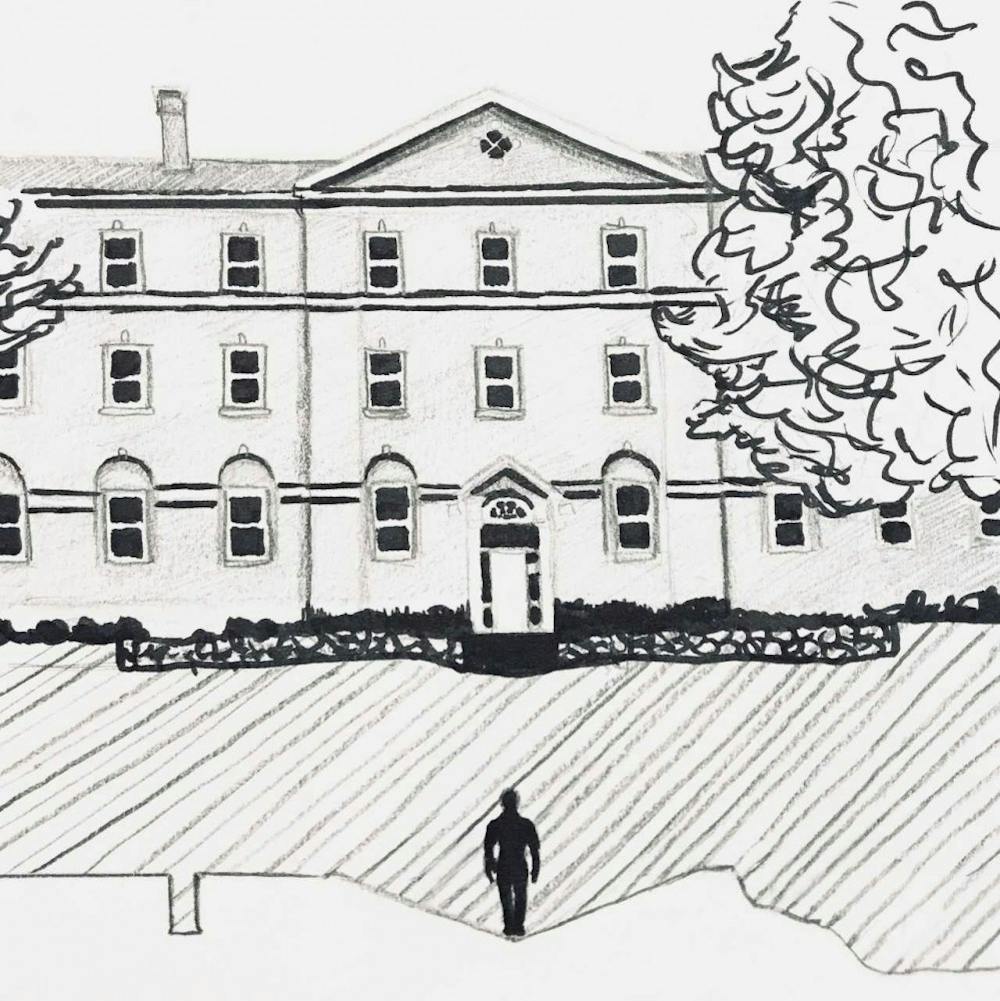Charles Brantley Aycock, the 50th governor of North Carolina, leaves behind two legacies. One paints him as a child labor reformer and champion for public schools, which would certainly uphold the ideals of a public university.
The other, which is far more relevant, is one of white supremacy. Aycock was a major figure in the Wilmington Race Riots, disenfranchised African American voters, fought the “Fusion Movement” of the late 19th century, which campaigned for “free public schools for all children and equal political rights for all men,” according to the News & Observer. He also championed a white and Black tax base to support fund public schools.
Clearly, Aycock was only the “Education Governor” for white citizens, and that is the legacy that we, and the UNC Board of Trustees, must remember.
Aycock had buildings named after him at UNC-Greensboro, East Carolina University and Duke University, all of which renamed their buildings by 2016. Even the General Assembly approved a replacement of his statue in the U.S. Capitol with Rev. Bill Graham. But UNC still has a building named after him — Aycock Residence Hall.
The Undergraduate Senate passed a resolution Tuesday that recommended renaming Aycock Hall. The resolution passed without debate.
Unfortunately, the resolution is merely symbolic. The UNC Board of Trustees, who would lead the change, placed themselves under 16-year freeze for renaming buildings, after the University changed Saunders Hall to Carolina Hall.
The 16-year freeze was an attempt to delay the conversations surrounding UNC’s problematic history. In the BOT’s logic, by the end of the freeze, four generations of students will have passed through the University, leaving the contextualization of buildings, such as Saunders Hall, a relic of the past.
But they didn’t predict that Silent Sam would come to define the University. This propelled ties to controversial historical figures to the forefront of conversations surrounding the University.
There is little-to-no course of action the University can take without the BOT. But with the BOT’s handling of Silent Sam for the past two years, the Editorial Board has lost hope that they will act in the best interest of the University and lead the state’s flagship school progressively.



